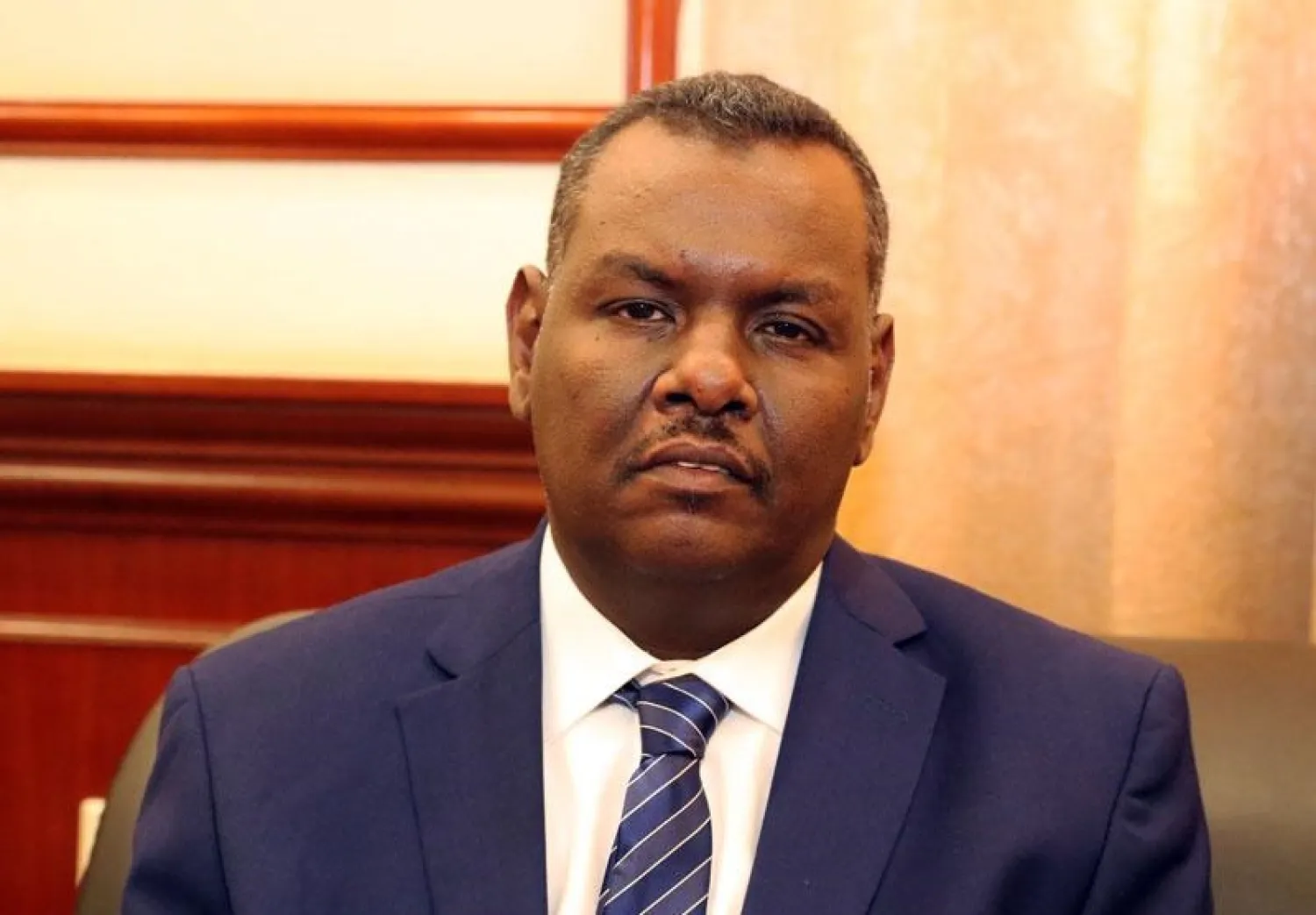Sudan’s Minister of Industry and Trade Madani Abbas said that his office, like other ministries, has removed many symbols of the ousted regime of President Omar al-Bashir from the state apparatus.
He told Asharq Al-Awsat that efforts are still being spent to eradicate the remnants of the former “deep state” and to restructure civil service bodies. This, according to him, is part and parcel of the citizens’ aspirations after having led the revolution against Bashir.
“The deep state is not only the presence of employees of the former regime in state institutions, but also in many decisions that were taken from outside the state framework, which created an inappropriate working environment and led to the hiring of unqualified workers. The performance does not meet the challenges facing the country,” he added.
Abbas explained that the solution does not rely on only removing elements of the former regime, but also on addressing the roots of the problem that led to the total disruption of the rules of the civil service.
“The project now is not reforming the state, but rebuilding it and its institutions. Indeed, the transitional government has agreed to establish the concepts of governance and rebuild state institutions,” he said.
The minister pointed out that, soon, a ministerial decree will restore the powers of the Ministry of Industry and Trade which were stripped by the previous regime.
During the implementation of the policies of “economic liberalization,” the ministry’s role in controlling markets and determining the prices of goods was canceled.
The Ministry of Industry and Trade plays a central role in the Sudanese economy.
Abas, on another note, said that challenges facing export and import operations are inherited from the former regime.
More so, the minister announced the formation of the National Council for Exports Development, a body which will work to formulate export policies.









